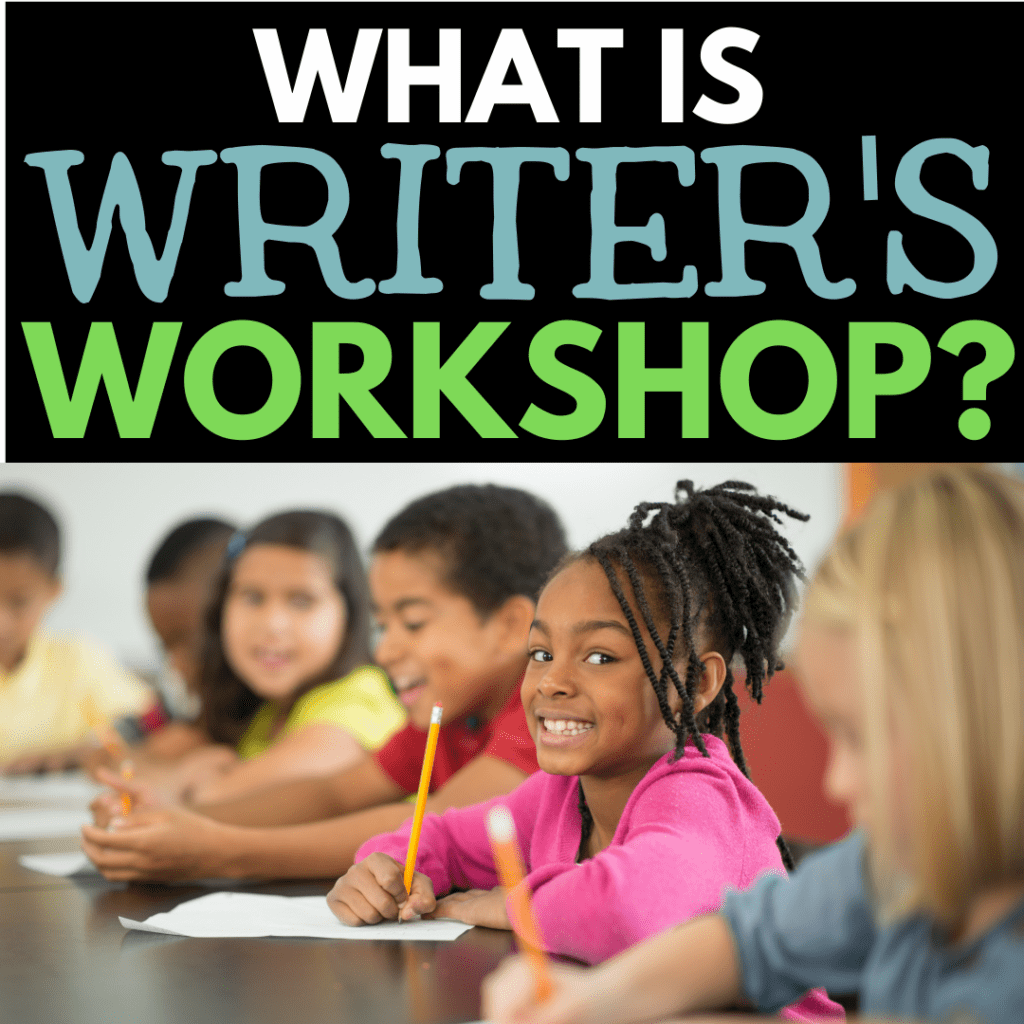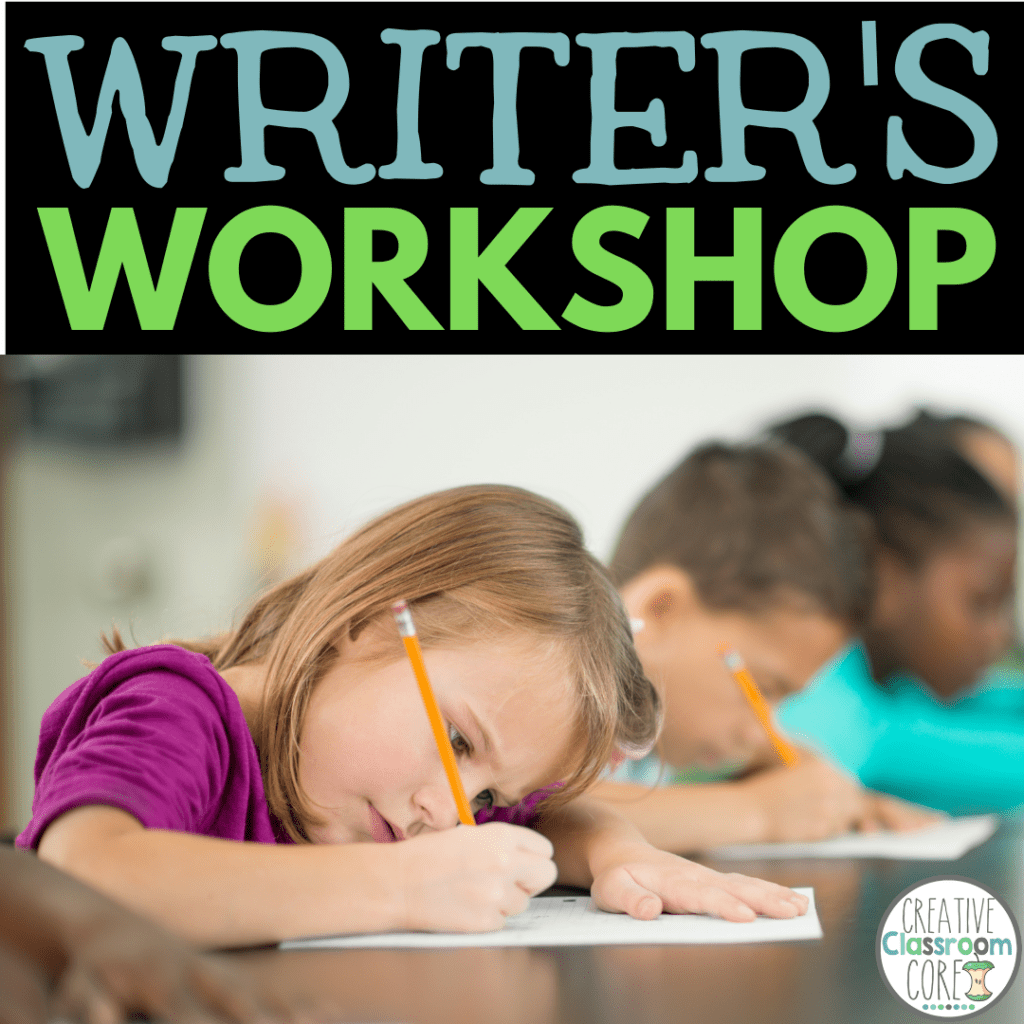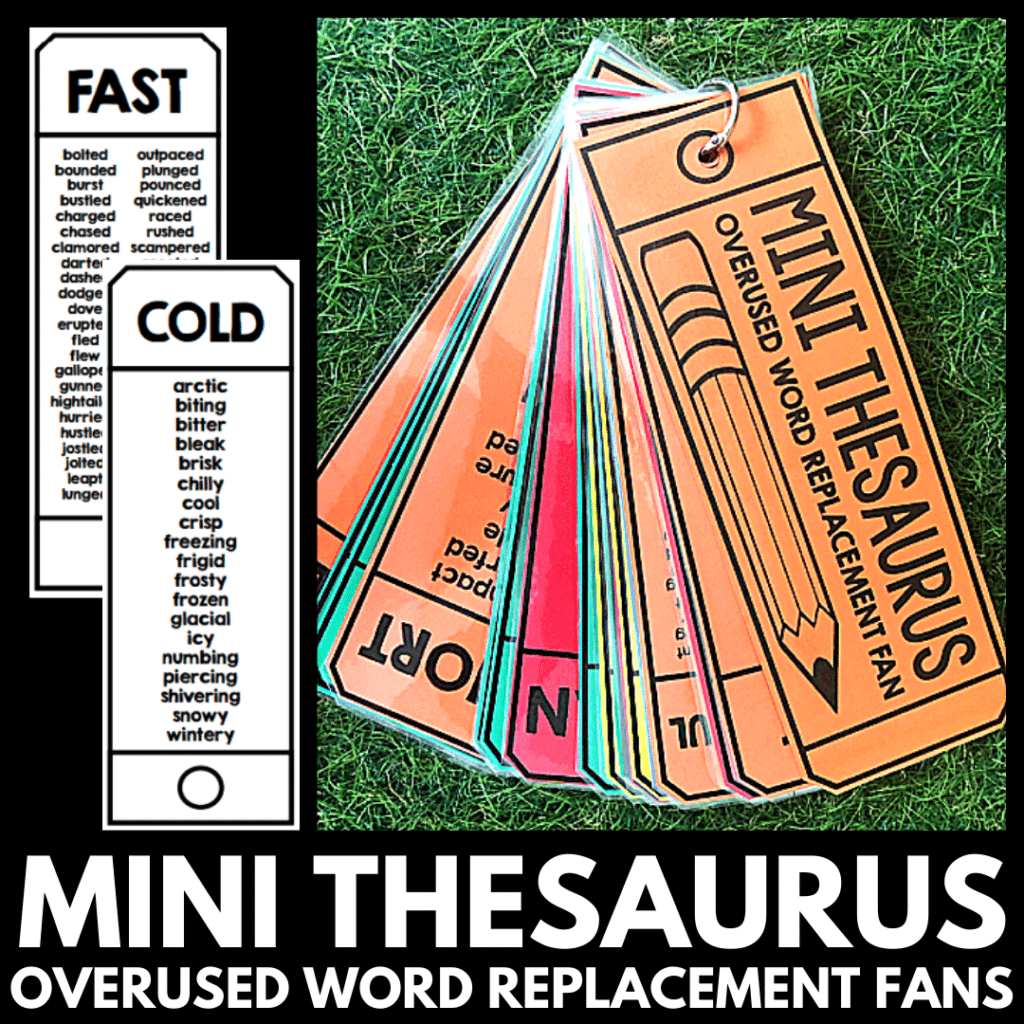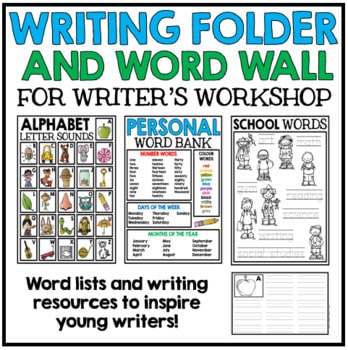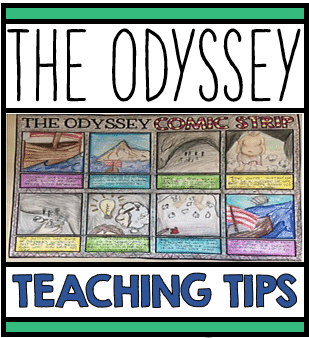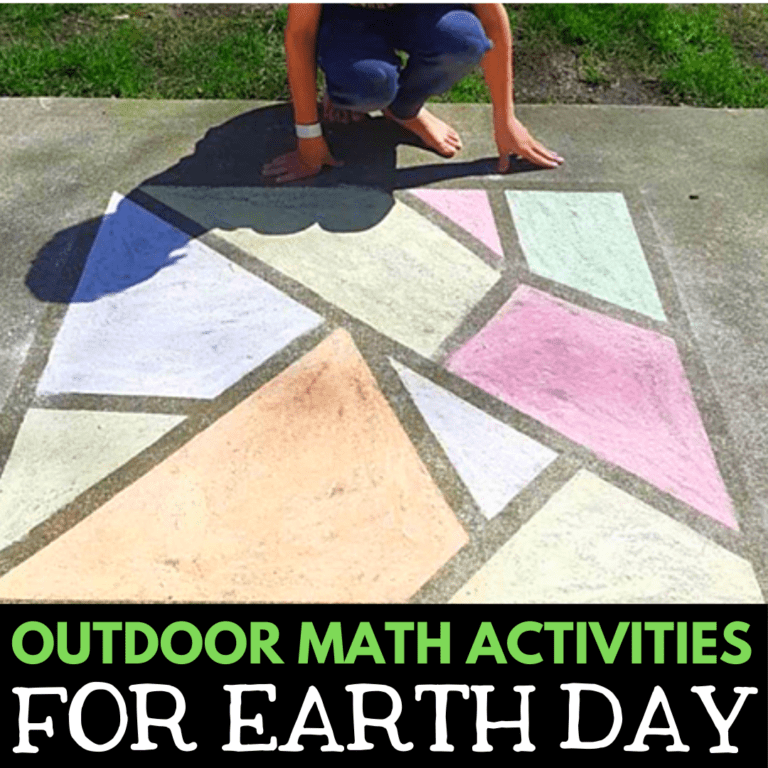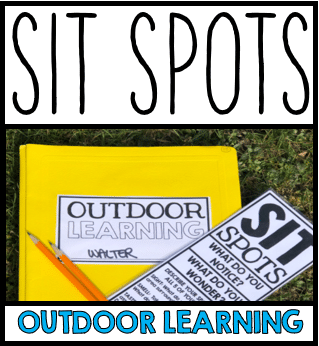What is Writer’s Workshop?
By MARISSA DESPINS Updated April 03, 2024
Welcome to the second post in my series on Writer’s Workshop. Over the next few weeks, I will share a variety of posts on this engaging writing framework. The goal of today’s post is to answer the big question – “What is Writer’s Workshop”?
For a free no-prep guide to Writer’s Workshop delivered right to your inbox, click on the image or button below!
What is Writer’s Workshop?
So, what is Writer’s Workshop, anyways? Writer’s Workshop is a framework for teaching writing that puts students at the the center. It revolves around the idea that students learn best when they are provided with opportunities to write frequently, for extended periods of time, on topics of their own choosing.
Writer’s Workshop facilitates a love of writing. It does this by providing students with time and choice. Like reading for pleasure, writing on ideas of their own choosing creates lifelong writers who find joy in the process.
Instead of consistently giving students topics to write about (“We are going to write about our weekend today”), students are given the freedom to write about topics that interest them. As a result, students are encouraged to explore the stories that live inside them, just as real authors do.
As teacher, you job is to guide students along the path and provide support as needed. This is done through presentation of mentor texts, modeling the writing process, and mini lessons on targeted topics. In addition, writer’s conferences are used to help facilitate learning.
This method not only fosters a love for writing but also empowers students to become more competent and confident writers. By integrating this framework into their classrooms, teachers can provide a structured yet flexible environment that encourages creativity, critical thinking, and collaboration among students.
What is the Writer’s Workshop Framework?
At the heart of the Writer’s Workshop is the belief that students learn to write best when they are engaged in the act of writing itself. The workshop model is composed of several key components: a mini-lesson, writing time, and sharing time. Each component plays a crucial role in the development of young writers.
- Mini Lesson: The workshop begins with a short lesson focusing on a specific writing technique, concept, or skill. Lasting approximately 5 to 15 minutes, the mini-lesson is designed to be direct and purposeful. Topics might include elements of good writing, grammar rules, strategies for brainstorming or revising, or ways to use literary devices effectively. The aim is to provide students with the necessary tools and knowledge to improve their writing.
- Writing Time: This is the heart of the workshop, where students engage in writing. During this period, they apply the skills or concepts introduced in the mini-lesson to their own writing projects. Students write independently, working on pieces at their own pace, while the teacher circulates to confer with them individually or in small groups. This personalized feedback is crucial for addressing each student’s specific needs and challenges.
- Conferencing: Conferencing can happen during the writing time, where the teacher meets one-on-one or with small groups of students to discuss their writing. This personalized interaction allows for immediate feedback and targeted instruction tailored to each student’s developmental needs. Conferences focus on strengths and areas for improvement, strategy teaching, and goal setting for future writing.
- Sharing and Reflection: The workshop concludes with a sharing session where students can present their work to the class or small groups. This component is essential for building a supportive writing community, allowing students to give and receive feedback, and reflect on their growth as writers. Sharing encourages students to listen to others’ work, learn from their peers, and develop a sense of pride in their own writing achievements.
By incorporating these four components, the Writer’s Workshop provides a comprehensive approach to writing instruction that values the process of writing as much as the final product. It encourages student autonomy, fosters a love of writing, and develops competent, confident writers.
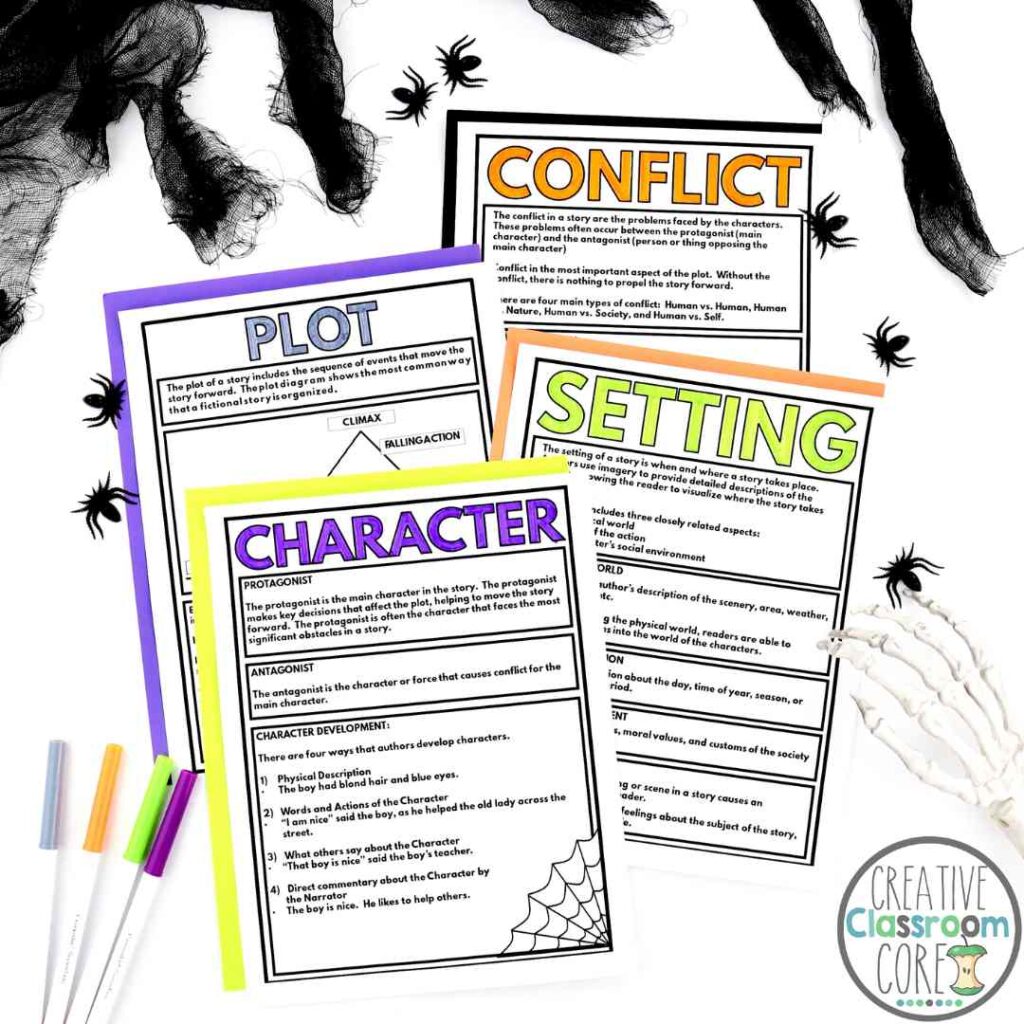
How can Writer’s Workshop Help the Learners in my Classroom?
Now that we have answered the question of “What is Writer’s Workshop”, it is time to look at how it can help the learners in our classrooms. The Writer’s Workshop model offers a wide variety of benefits for young writers, particularly by fostering an environment that nurtures growth, creativity, and confidence in writing. Here’s how implementing a Writer’s Workshop can be particularly beneficial for students:
Enhances Writing Skills
Through targeted mini-lessons on specific aspects of writing, students continuously develop their skills in areas like grammar, sentence structure, organization, and the use of literary devices. The regular practice during writing time allows them to apply these skills directly, leading to gradual improvement and mastery over time.
For more tips and tricks for enhancing writing skills, check out our post on descriptive writing and the R.A.C.E. Writing Strategy!
Provides Opportunities for Individualized Learning
The workshop model recognizes that students are at different levels in their writing journey. Conferencing provides a unique opportunity for one-on-one instruction, tailored to each student’s specific needs. This personalized feedback is instrumental in addressing individual challenges and encouraging progress at a pace that suits each learner.
Encourages Creativity and Voice
By allowing students to choose their writing topics or the genre they wish to explore, Writer’s Workshop empowers them to express their ideas and stories. This autonomy not only enhances their engagement and motivation but also helps them discover and develop their unique voices as writers.
Builds Confidence
Sharing and reflection time offers students a platform to showcase their work, receive constructive feedback, and learn from their peers. This process not only demystifies the act of writing but also builds a supportive community where students feel valued and confident in their abilities. The positive reinforcement and peer recognition during sharing sessions contribute to building self-esteem and a sense of accomplishment.
Fosters a Love of Writing
By making writing a regular and enjoyable part of the classroom routine, Writer’s Workshop helps students develop a positive attitude toward writing. The freedom to explore topics of interest, combined with a supportive environment that celebrates progress, nurtures a genuine love for writing.
Cultivates Critical Thinking
Analyzing their writing and that of their peers during conferences and sharing sessions encourages students to think critically about content, structure, and style. This critical engagement promotes deeper learning and understanding.
For more ideas to help you cultivate critical thinking in your classroom, check out of STEM Challenges!
Teaches the Writing Process
Analyzing their writing and that of their peers during conferences and sharing sessions encourages students to think critically about content, structure, and style. This critical engagement promotes deeper learning and understanding.
Implementing a Writer’s Workshop in the classroom can transform the teaching and learning of writing. By providing a structured yet flexible framework, it supports the development of competent, confident, and creative writers who are equipped with the skills necessary for academic success and beyond.
Interested in a free guide to help you plan writer’s workshop?
Click here or on the image below to grab a copy of my FREE Writer’s Workshop guide!
Looking for some Ways to help support your learners during writer’s workshop time?
Check out some of these helpful resources available in my TPT shop!
Looking for more writer’s Workshop ideas?
Check out some of my previous writing posts by clicking on the links below.
Descriptive Writing for Middle School
Teaching the RACE Writing Strategy
Blackout Poetry: A Step By Step Guide
Interested in signing up for my email list?
If you are interested in signing up for my email list, you can do so by clicking on the link below. I periodically send out emails with free resources, teaching tips, and exclusive deals. Also, signing up will give you immediate access to some of my best selling Interactive Notebook resources – foldable activities, graphic organizers, and other fun activities.
